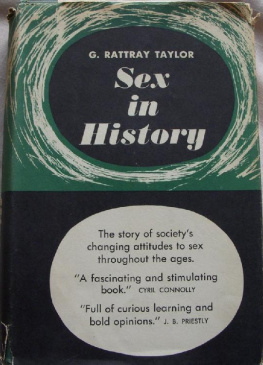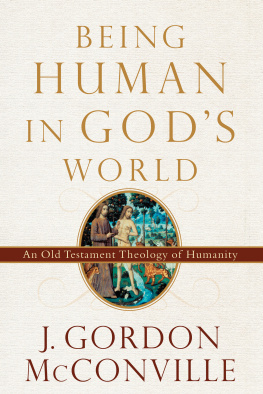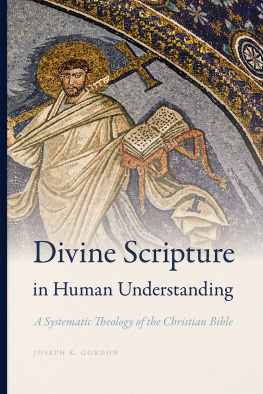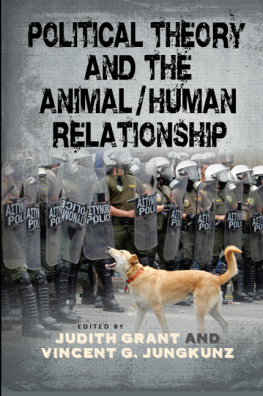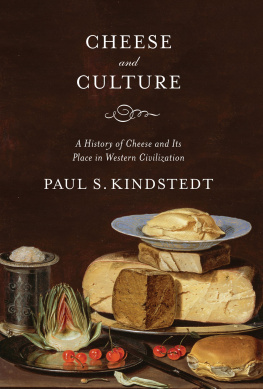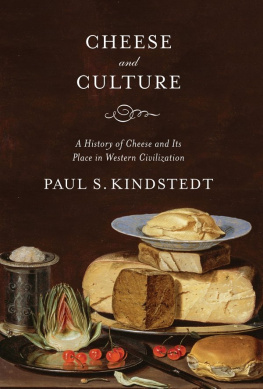Gordon Rattray Taylor - Sex in History
Here you can read online Gordon Rattray Taylor - Sex in History full text of the book (entire story) in english for free. Download pdf and epub, get meaning, cover and reviews about this ebook. year: 1954, genre: Religion. Description of the work, (preface) as well as reviews are available. Best literature library LitArk.com created for fans of good reading and offers a wide selection of genres:
Romance novel
Science fiction
Adventure
Detective
Science
History
Home and family
Prose
Art
Politics
Computer
Non-fiction
Religion
Business
Children
Humor
Choose a favorite category and find really read worthwhile books. Enjoy immersion in the world of imagination, feel the emotions of the characters or learn something new for yourself, make an fascinating discovery.
- Book:Sex in History
- Author:
- Genre:
- Year:1954
- Rating:5 / 5
- Favourites:Add to favourites
- Your mark:
- 100
- 1
- 2
- 3
- 4
- 5
Sex in History: summary, description and annotation
We offer to read an annotation, description, summary or preface (depends on what the author of the book "Sex in History" wrote himself). If you haven't found the necessary information about the book — write in the comments, we will try to find it.
Sex in History — read online for free the complete book (whole text) full work
Below is the text of the book, divided by pages. System saving the place of the last page read, allows you to conveniently read the book "Sex in History" online for free, without having to search again every time where you left off. Put a bookmark, and you can go to the page where you finished reading at any time.
Font size:
Interval:
Bookmark:
Sex In History
Gordon Rattray Taylor
Foreword
1. Eros And Thanatos
The Pattern Is Made
2. Mediaeval Sexual Behaviour
3. Mediaeval Sexual Ideal
4. Jealous And Indulgent Gods
5. Pure Desire
6. Sex And Heresy
The Pattern Developed
7. Fay Ce Que Vouldras
8. The School Of Christ
9. Sense And Sensuality
10. The Romantic Quest
11. Sex Denied
Origins Of The Pattern
12. Sex As Sacrament
13. From Shame To Guilt
14. The Minor Themes
Present And Future
15. Modern Morality
16. The Rule Of The Dead
Appendixes
State Of English Law (1973)
Theories Of Matriarchy & Patriarchy
Sources
Foreword
IT was Edward Glover who suggested that writing on psychological subjects should be scheduled as a dangerous occupation: and not without reason, since people strongly resent the exposure of their unconscious motives, and are apt to relieve their anxiety by attacking the writer who has threatened their peace of mind. How still more dangerous, then, is the position of the writer who ventures to apply the psychological method to historical material: if ever Glover's suggestion is adopted, it will be necessary not only to insure him against occupational risk, but to pay him "hard-lying money" as well, for he risks the displeasure of the professional historians, who have decided that no such thing as psychological history is possible.
To the psychologist, the historian's method of explanation looks insufficient. It is not simply that he attributes too great rationality to historical figures when explaining their motives and makes but little allowance for unconscious desires: far more dubious is his fondness for thinking in terms of "influences". He seems to feel that the development of a trend has been "explained" if it can be shown that the people concerned came under the influence of some similar trend elsewhere. Thus, historians have laboured to show that the appearance of a school of lyric poetry in twelfth century Provence was due to the influence of Arabic poetry of a similar kind. But even if it can be shown that the troubadours knew of this poetry, we still have to ask why there were people in Provence disposed to pay heed to precisely this influence out of all the countless influences bearing upon them.
Sometimes, on the other hand, people are so awkward as to ignore an influence completely, and even to go off in some quite different direction. The historian then explains this as a "reaction" from the prevailing trend, though he does not explain why, on this occasion, the people concerned should have reacted from the trend instead of responding to it, nor does he tell us why they react in the particular way they do. For instance, the Romantic movement of the late eighteenth and early nineteenth centuries is often explained as a reaction from the growth of industrialism - but what we really want to know is why, at this particular moment, a small group chose to react from a trend which the majority were willing to follow enthusiastically for another century.
Historians themselves seem to feel the need for some alternative method of analysis in which attention may be concentrated on the general character of people's attitudes during a particular period, since they often resort to something vaguely known as "the spirit of the times" - especially when people are ignoring a powerful "influence". It is said, for instance, that the Puritans failed to retain power in 1660 because the "spirit of the times" was against such extreme austerity. Presumably, if they had succeeded in their operations, we should be told that this was because people had been "influenced" by Puritan ideas. It is evident that, though couched in the form of explanations, these are no more than descriptions of what occurred, at a quite superficial level.
The problem is therefore whether the notion of "the spirit of the times" can be reduced to a more precise form. Presumably this spirit represents the highest common factor in the attitudes of every individual member of the society, when due allowance is made for the fact that some people are more influential than others. Now psychology has, in recent years, cast a flood of light on how the attitudes of individuals are built up and has shown that certain early experiences - the extent and quality of maternal care and teaching, especially - tend to set the personality in a particular mould, which later experiences elaborate but do not radically modify. At the same time, the cultural anthropologists have shown that the attitude systems of the individuals who make up a society are not randomly assorted, but tend to cluster round a particular position (or positions) at any given time; this is because the formative experiences of childhood tend to similarity at any given period. At one period severity may be in vogue; at another, children may be taken from their mothers at an early age, and so on. Hence it is not an undue simplification to speak of there being a "Typical Personality" (if we define Personality, for present purposes, as the sum total of attitudes) in a given period. Thus it becomes possible to classify the "spirit of the times" in terms of the prevalence of certain elements in Personality, and to draw on the very considerable fund of existing knowledge about the formation of personality.
Furthermore, personality is, in principle, internally consistent: people do not, in general, display one attitude to, say, political matters and a contrary one to religious matters: if they are authoritarian in one they will be authoritarian in the other, and so on. But no type of attitude is more fundamental and more indicative of the trend of Personality than are attitudes to sexual matters - for, as Freud has so elaborately demonstrated, our earliest attitudes are those formed in the microcosm of the family, and these are largely sexual in character. Hence the study of the changes in sexual attitudes is the very first step, the 'sine qua non', of all coherent historical research.
It is therefore very strange and most lamentable that historians have almost entirely avoided such study, and have maintained something like a conspiracy of silence about such facts as they do know. Look at the most erudite of social histories and you find that they make no mention of sexual matters - apart, perhaps, from a summary of the marriage and divorce laws - and this remains true even when suppression of the facts creates a wholly false impression of the period and makes many events quite mysterious. The most obvious example of this is probably the paederastic practices of the Greeks: even a basic work of reference such as Holm-Decke-Soltau's "Kulturgeschichte des Klassischen Altertums" omits all reference to it. Pauly-Wissowa's "Realenzyklopaedie der Klassischen Altertumswissenschaft", which gives twenty pages to the hetaerae, gives but three to it. Plato's observations on love are frequently quoted without disclosing that he was referring to homosexual love and the difficulties which Xenophon had with his army are left mysteriously vague. School histories are naturally bowdlerized even more thoroughly, and many students leave school without discovering that Henry VIII was a syphilitic - with the result that his marital affairs remain quite incomprehensible - and even without being told of such a major historical event as the arrival of syphilis in Europe, as a result of which (according to some estimates) one third of the population of Europe died within a few years.
The assumption of historians seems to be that sexual manners are something which exists in a watertight compartment, almost independently of historical trends as a whole, and that it would no more throw light on the general problem of interpreting history to open this compartment than it would to study the development of, say, cooking.
Next pageFont size:
Interval:
Bookmark:
Similar books «Sex in History»
Look at similar books to Sex in History. We have selected literature similar in name and meaning in the hope of providing readers with more options to find new, interesting, not yet read works.
Discussion, reviews of the book Sex in History and just readers' own opinions. Leave your comments, write what you think about the work, its meaning or the main characters. Specify what exactly you liked and what you didn't like, and why you think so.

